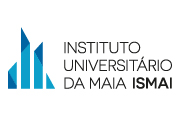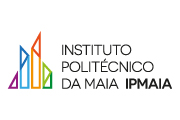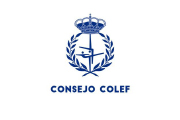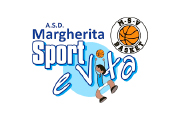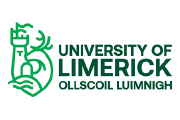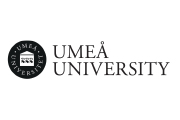Erasmus+
About the Project
Draw a transnational socio-psychological profile of student-athletes involved in dual careers programmes.
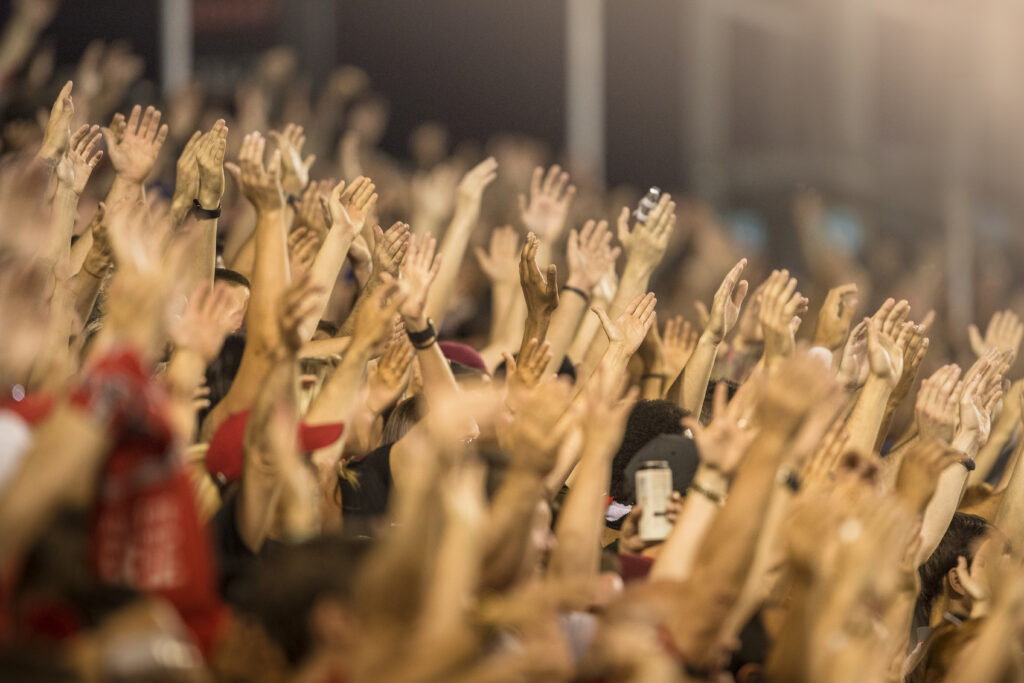
Description
This is an Erasmus+ European project: Portugal, Spain, Ireland, Italy and Sweden.
It involves a transnational and transdisciplinary team, which includes members that share expertise in several areas, such as, applied sport psychology, sociology and pedagogy, computer sciences, physical education and research methods.
BLA project combines the objectives of drawing a social-psychological profile of student athletes involved in dual careers programmes and contributing to the positive development of youth. The aim is to improve sport and school results of those involved in dual careers programmes, while enhancing the balance of these two contexts. Simultaneously, through a better understanding of their social-psychological profile, BLA also aims to reduce youth withdraw from sport participation.
Additionally, this will help them to better acknowledge and develop their key personal, social, educational and emotional competencies. Furthermore, the dissemination and scalability of this profile, will also have impact on those that are not involved in dual careers, improving, for example, their academic results and social competencies/skills.
This project topic clearly aligns with the European policies in the field of sport and with the Europe 2020 Strategy, underlining the need to promote the implementation of dual careers programmes. The young “dual careers athletes” are regarded as individuals who face the challenging task of combining their sporting careers with education (European Commission, 2012).
Dual careers programmes are strategies built to protect and safeguard the position of athletes, which combine both, the intensive training and competitions, with the school attainment. Indeed, well-balanced dual careers strategies can capitalise on the contribution of athletes to society, building on the competencies athletes develop in and through sport, and can be seen as good preparation for becoming role models in various social contexts, namely in education (European Commission, 2012).
According to international research, a considerable number of youths withdraw from sport participation attributing that sports takes up too much of their time, preventing them from pursuing other things in life, namely studying. However, sport promotes a set of individual and collective competencies/skills, behaviours and attitudes that positively enhance the success and integration of young people in different contexts of life.
Furthermore, it is possible to combine a successful sports career with school achievements (Turnnidge, Côté, & Hancock, 2014). Specifically, athletes may gain individual and social benefits, such as increased self-esteem, concentration, leadership skills, motivation, better peer relationships, responsibility, managing anxiety, ability to cope with pressure and stress, set goals, solve problems, deal with successes and failures, thus increasing their well-being and success in various spheres of life (Fraser-Thomas, Côté, & Deakin, 2005; Holt & Neely, 2011; Jacobs & Wright, 2018; Papacharisis, Goudas, Danish, & Theodorakis, 2005). Indeed, according to research, the tangible value of sport lies in the application of such skills to other spheres of life, such as education (Danish, Forneris, & Wallace, 2005).

In the BLA project, we propose that this type of profile needs, not only to be optimised in the sport context, but also to be developed in the school context in order to inspire successful and better global citizens. Prior studies indicate that sport has the potential to develop positive outcomes, however, there is a lack of consensus concerning the possible transfer to other contexts, namely the school (Holt, Tink, Mandigo, & Fox, 2008; Jones & Lavallee, 2009; Weiss, Stuntz, Bhalla, Bolter, & Price, 2013). Moreover, research suggests that this transfer, when it happens, is not a fast process (Martinek & Lee, 2012). Sport can be regarded as an important ally for those teaching life skills to youth.
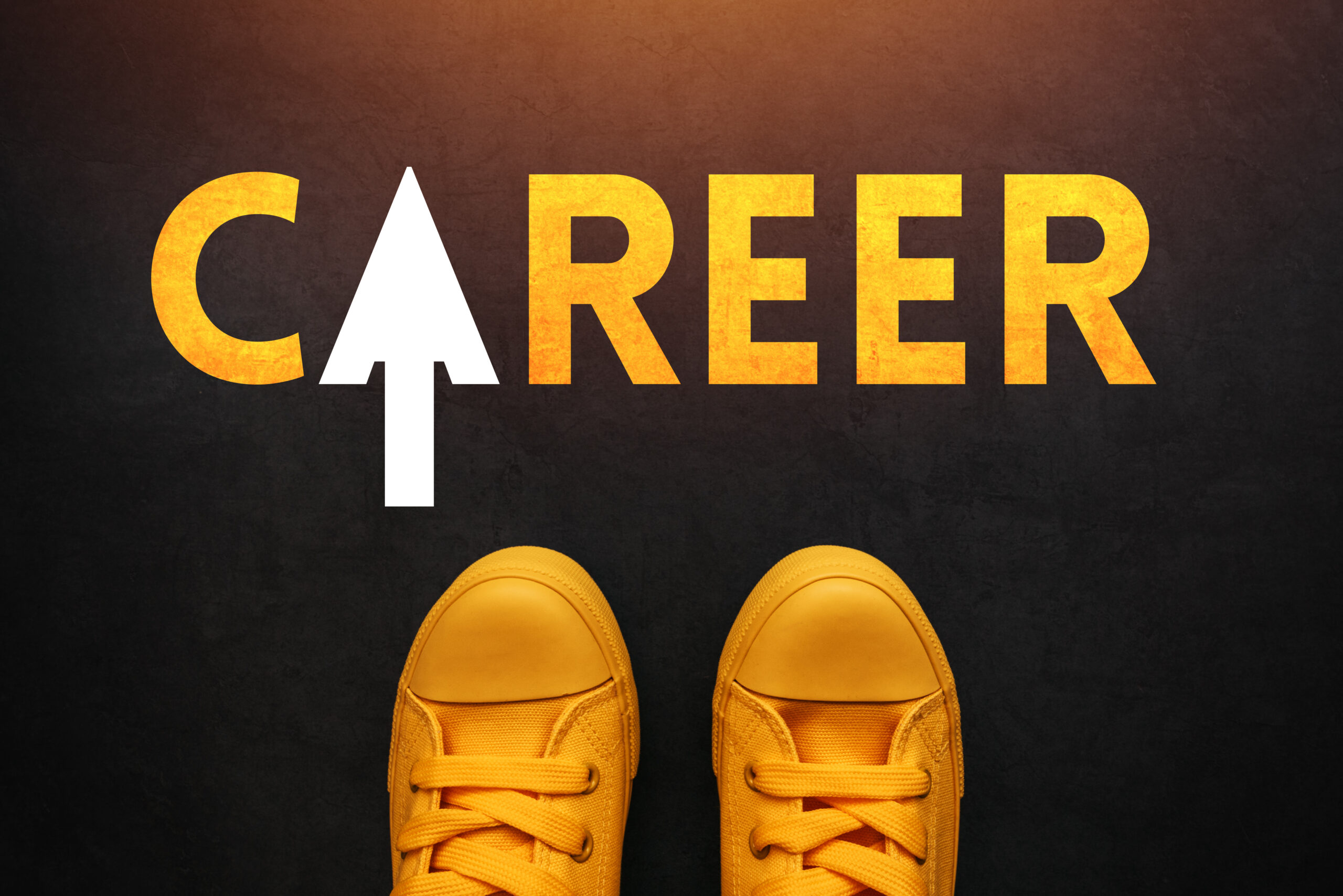
Objectives
To improve and balance sport and school results of youth involved in dual career programmes;
To reduce the number of youths withdrawing from sport participation (dropout);
To improve youth socio-psychological competencies;
To establish, in each partner country, a socio-psychological profile of student-athletes involved in dual careers programmes;
To establish a common socio-psychological profile of student-athletes involved in dual careers programmes from all partner countries;
To communicate the established socio-psychological profile through an interactive tool (Mobile Application) and pedagogical materials (guidelines, workshops, social networks and a website) in the sport and school contexts;
To develop sustainable and scalable evaluation mechanisms within sport and school communities concerning socio-psychological competencies.
Direct Target Groups
Student-athletes from both genders aged 12 - 18 years old involved in dual careers programmes;
Youngsters from both genders aged 12 - 18 years old.
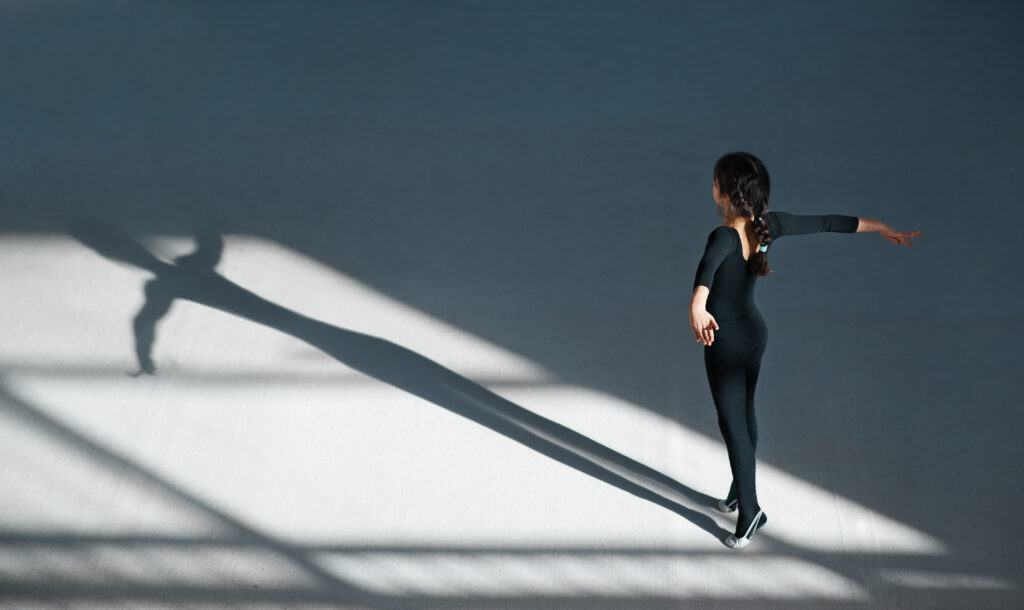
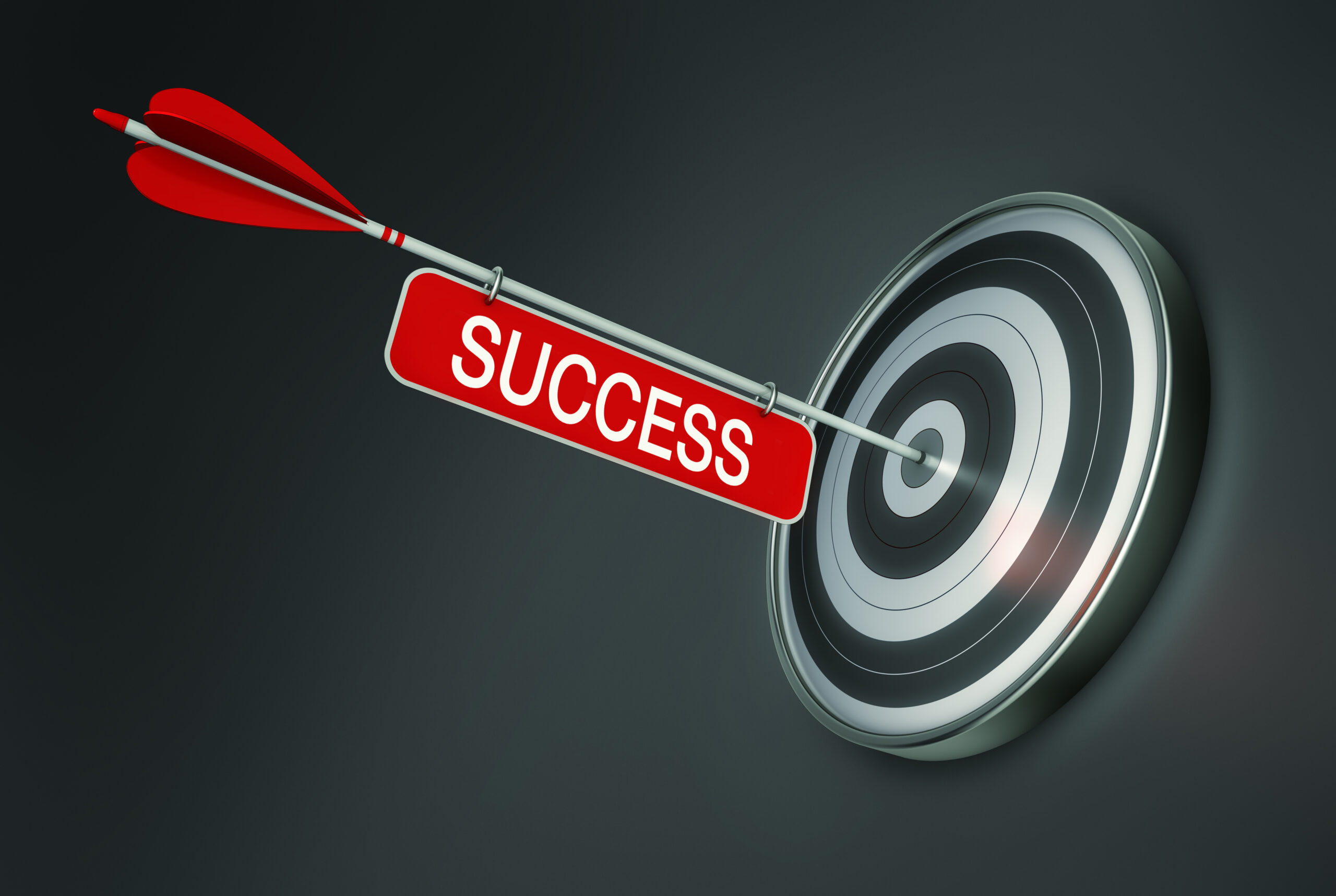
Indirect Target Groups
Coaches, teachers and parents directly involved.
Key Words
Youth; Student-athletes; Dual Careers (School + Sport); Social-Psychological Competencies; New Technologies
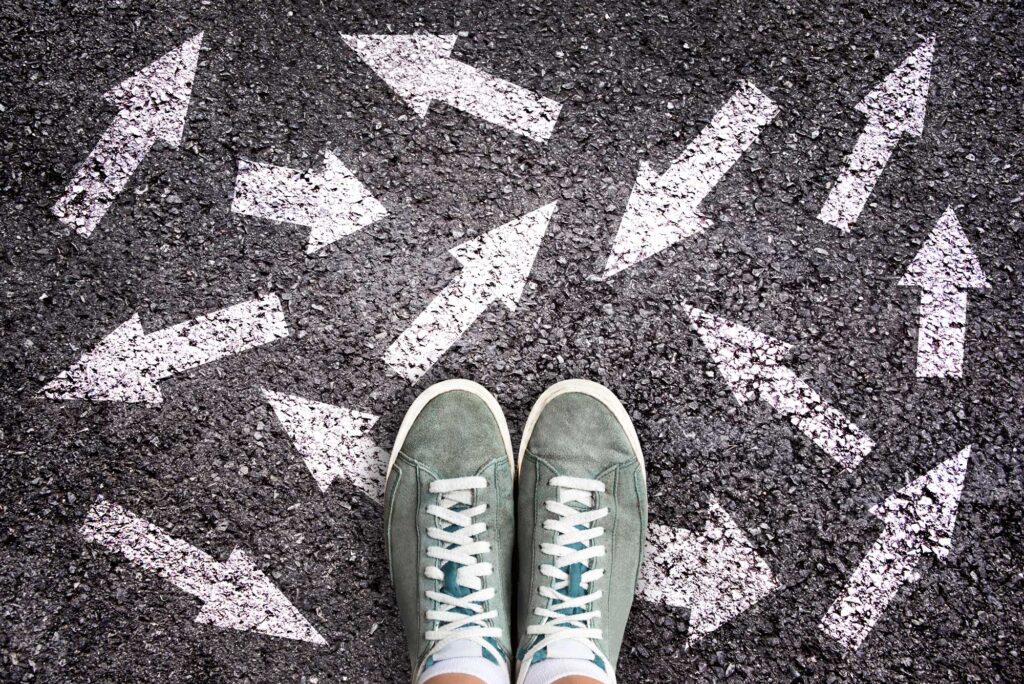

The European Commission’s support for the production of this publication does not constitute an endorsement of the contents, which reflect the views only of the authors, and the Commission cannot be held responsible for any use which may be made of the information contained therein.

